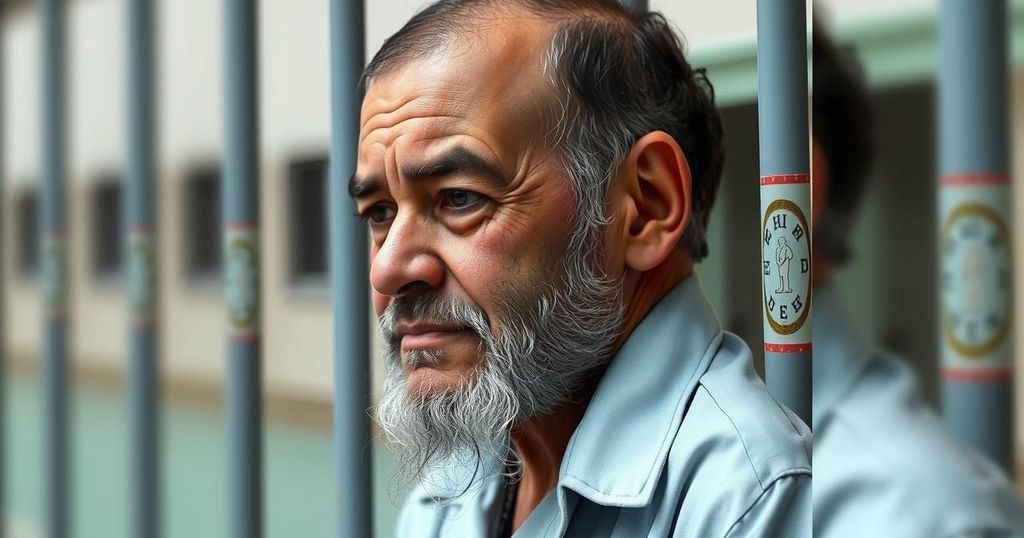The Pentagon has repatriated Ridah Bin Saleh al-Yazidi to Tunisia, marking the fourth prisoner release from Guantánamo Bay this month. He had been detained since the facility opened in 2002. Following this transfer, 26 prisoners remain at Guantánamo, a significant decrease from its peak of 800. The detention center has faced backlash for human rights abuses.
On Monday, the Pentagon announced the repatriation of Ridah Bin Saleh al-Yazidi to Tunisia, marking the fourth prisoner released from Guantánamo Bay within the current month. Al-Yazidi had been held at the facility since its opening on January 11, 2002. This transfer followed a thorough interagency review process, affirming his eligibility for relocation. Following this release, the number of detainees at Guantánamo has decreased to 26, down from a peak of approximately 800 prisoners.
Guantánamo Bay detention facility was established in the aftermath of the September 11 terrorist attacks as part of President George W. Bush’s ‘war on terror’ initiative. Operated by the U.S. Navy, the facility has faced significant criticism over human rights violations and allegations of torture. Despite President Biden’s commitment to closing Guantánamo during his campaign, the facility remains operational. Currently, 14 of the 26 remaining detainees are eligible for transfer, with various legal proceedings being undertaken for the others.
The recent transfer of Ridah Bin Saleh al-Yazidi reflects ongoing changes at Guantánamo Bay, though significant challenges remain regarding the facility’s future and the status of its remaining detainees. With allegations of human rights abuses and a commitment from President Biden to close the facility, the path forward continues to be a complex issue for U.S. policy.
Original Source: www.cbsnews.com






